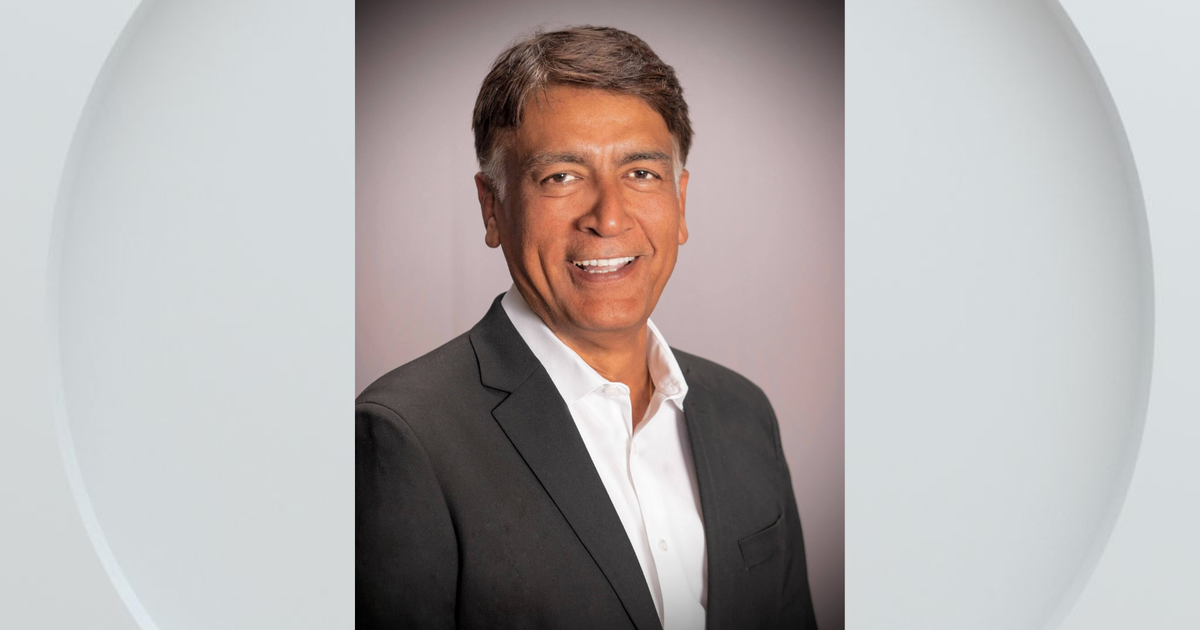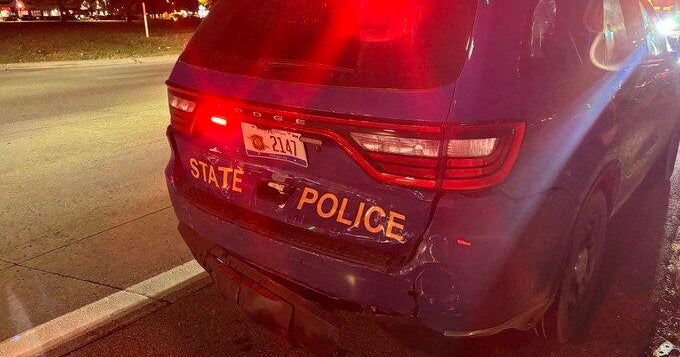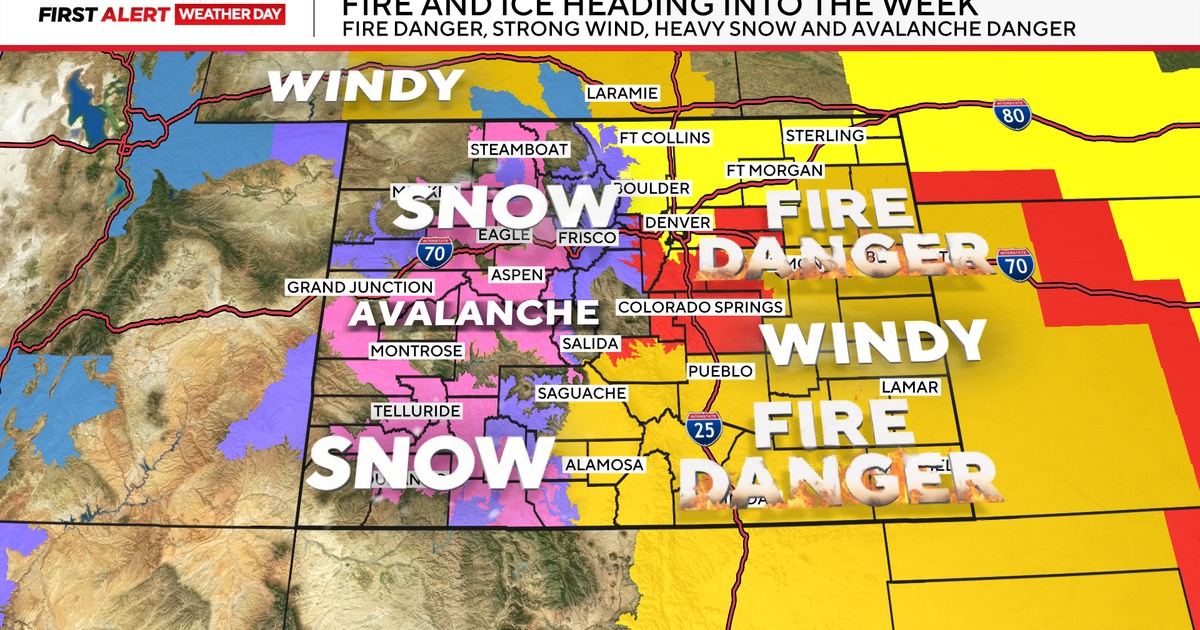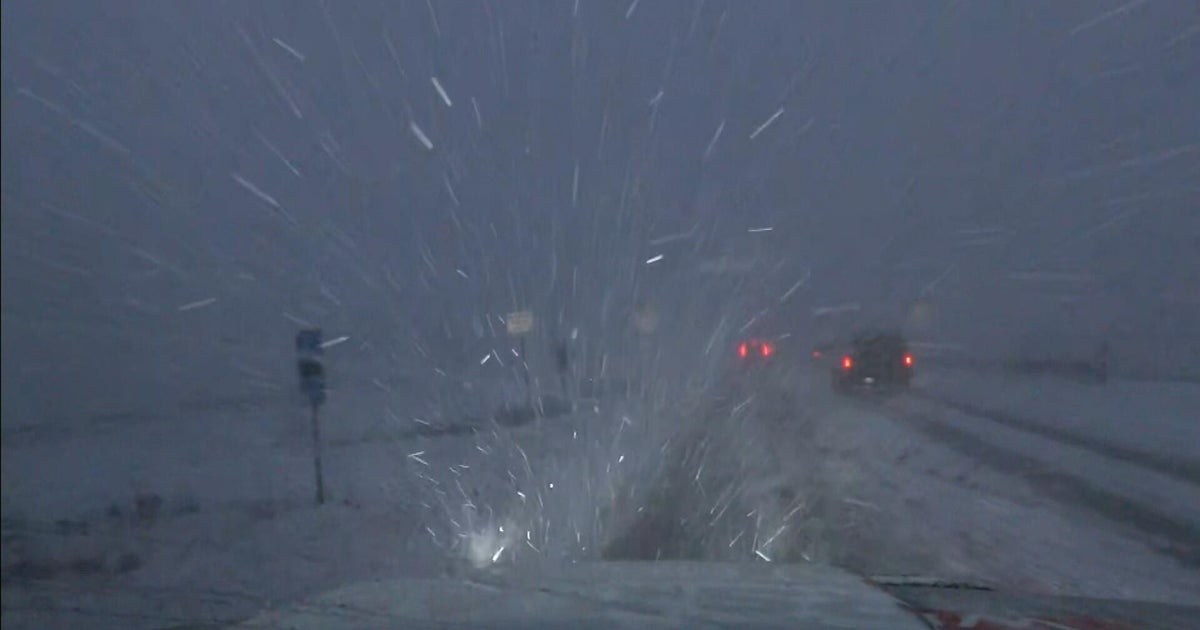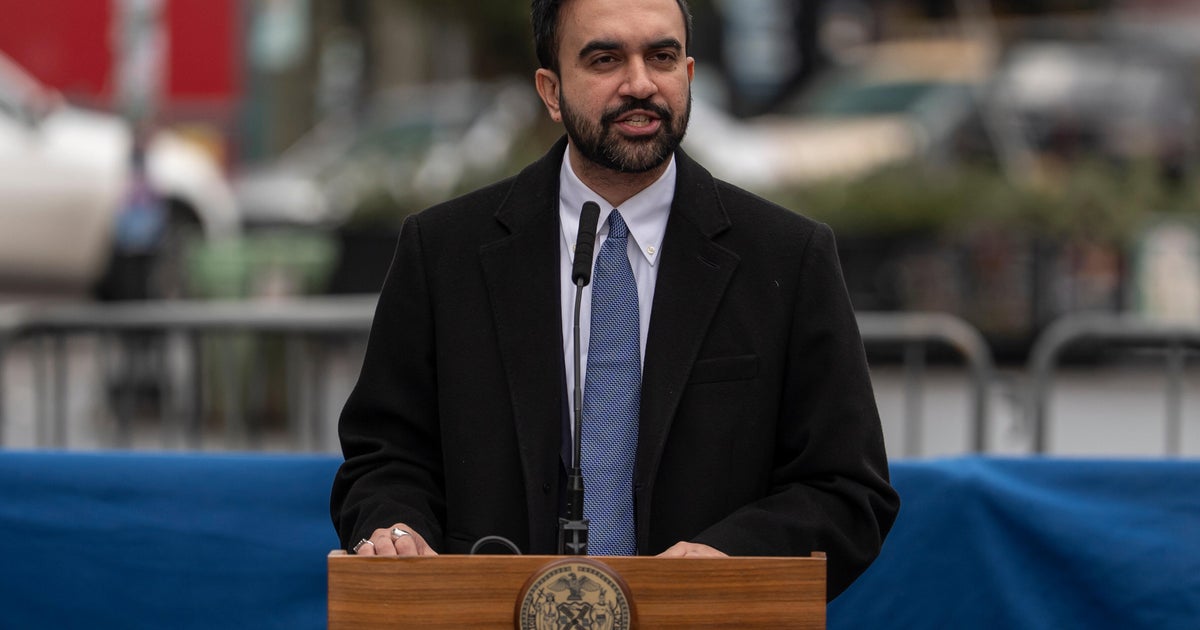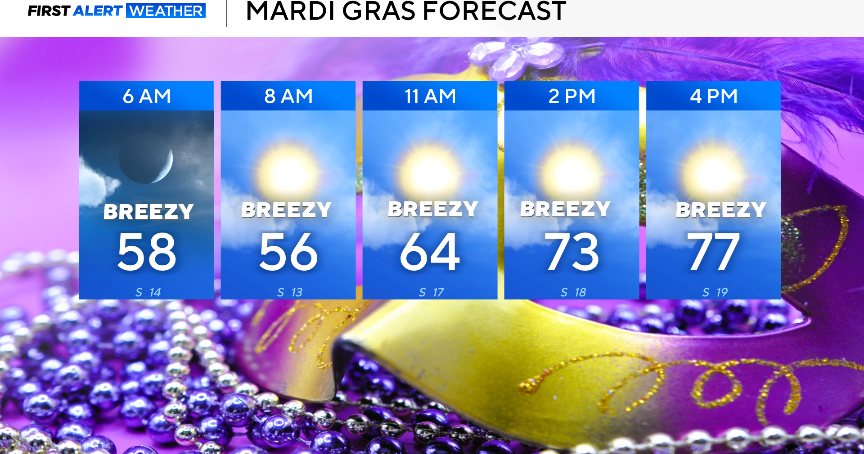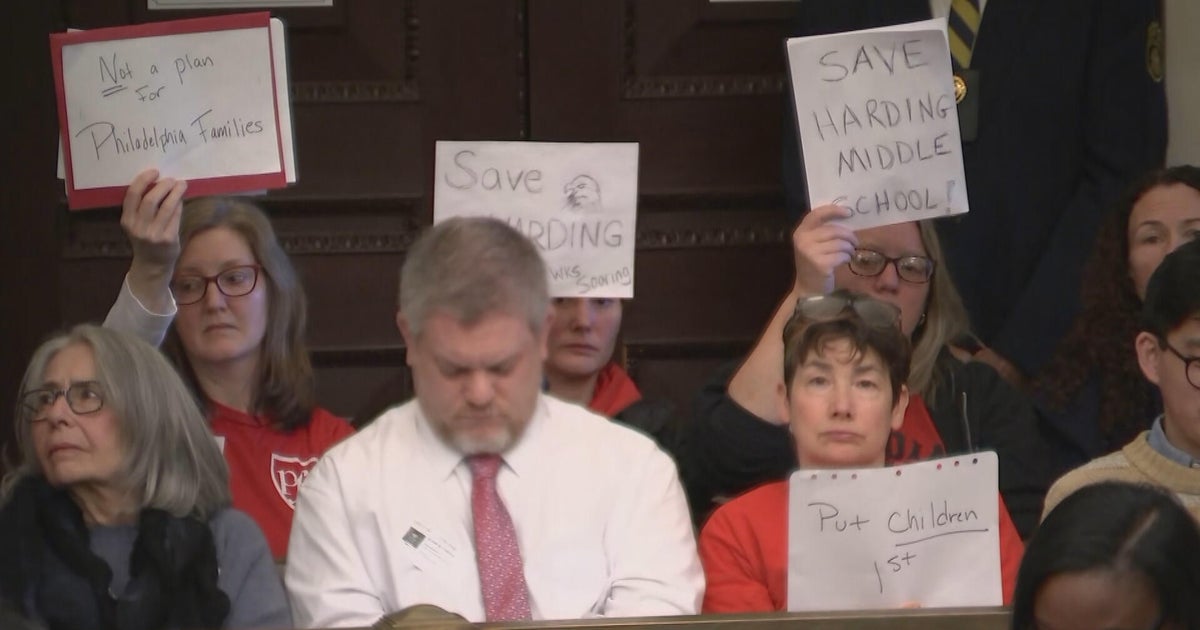Questions Arise Over State High Speed Rail Plan
SACRAMENTO, Calif. (AP) — California voters and the Obama administration have committed nearly $13 billion to the state's high-speed rail project, but the ambitious plan to link California's biggest cities by rail faces increasing questions about whether it will ever become reality.
A business plan to be released Tuesday by the authority overseeing construction of the 800-mile system is expected to offer the most detailed estimate yet of the project's cost and construction.
The line is intended to link the state's major cities with trains traveling up to 220 mph, with the first phase starting in the Central Valley in September 2012. Critics want to start in more populated areas of southern or northern California in case money runs out before the full system is finished, but the federal funding is contingent upon the Central Valley route.
Initial estimates pegged overall construction at about $43 billion, but that estimate is expected to climb much higher.
In August, detailed reports on the first planned segment of the high-speed rail line, between Merced and Bakersfield, showed estimated costs of $10 billion to $13.9 billion, far higher than a 2009 estimate that projected the segment would cost $7.1 billion.
State Sen. Alan Lowenthal, D-Long Beach, a one-time proponent of the project and chairman of the Senate select committee on high-speed rail, has said California should consider returning the $3.5 billion in federal grants and halting the project unless the authority lays out a clear path to finance, build and operate the system. He said California taxpayers must not be on the hook for unexpected cost overruns.
Tuesday's report was initially scheduled for release in mid-October but was pushed back to give Gov. Jerry Brown's two new appointees to the board time to assess it.
The latest appointees are Brown's jobs adviser and retired Bank of America executive Michael E. Rossi and Dan Richard, who spent 12 years on the board of the Bay Area Rapid Transit system. The Democratic governor asked them to take a hard look at the project.
Brown said in August that he still supports the plan to link San Francisco with Los Angeles and Anaheim by 2020.
A peer review committee created as part of the 2008 ballot measure that approved $9 billion in bonds said the business plan will be key to deciding whether the project is viable.
In a July report, the committee said later phases of the project rely almost entirely on federal, state and local money that might never materialize, posing a risk that whatever is started will not be finished and might be of little use to most California residents.
The Legislature, which returns in January, must approve the proposal, along with Brown.
Copyright 2011 The Associated Press.
